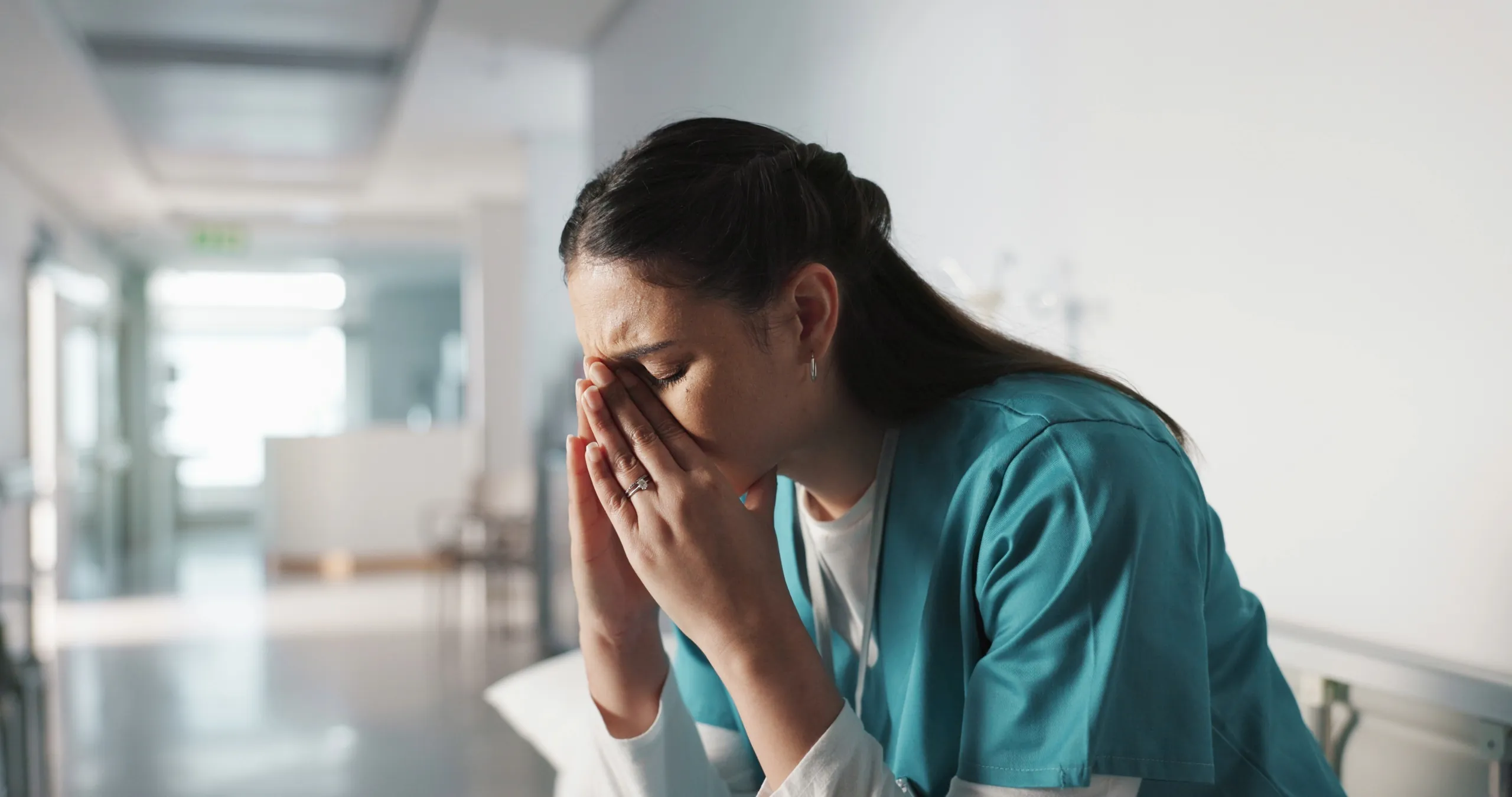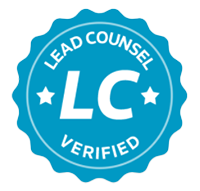Nursing Negligence Lawyer
At The Law Office of Miller & Gaudio PC, we recognize that nurses play a pivotal role in patient safety. But when a nurse fails to uphold the standard of care, the consequences can be devastating—sometimes permanent, sometimes fatal. Nursing negligence is not just a professional failure; it’s a legal matter that deserves serious attention and skilled representation.
If you or your loved one was injured due to a nurse’s error, oversight, or lack of action, you may be entitled to financial compensation. Our firm helps patients across New Jersey file and win lawsuits against nurses, hospitals, and medical institutions for the harm they’ve caused.
What Is Nursing Negligence?
Defining the Legal Concept
Nursing negligence is a form of medical malpractice that occurs when a nurse fails to act in accordance with the accepted standards of professional care, resulting in injury to a patient. Nurses have legal and ethical responsibilities to provide safe, competent, and timely care.
How Nursing Malpractice Differs from Physician Malpractice
While doctors often make the final diagnosis or treatment decision, nurses are responsible for implementing those decisions, monitoring patients, and providing critical support. When nurses ignore symptoms, delay action, or make dangerous errors, they too can be held legally accountable.
Professional Expectations for Nurses
The standard of care for nurses is defined by nursing boards, clinical guidelines, hospital protocols, and case law. Deviations from this standard may include neglecting to administer medications, failing to alert a doctor about changes in a patient’s condition, or ignoring basic safety procedures.
Common Nursing Errors
1. Medication-Related Mistakes
Nurses may administer the wrong drug, the wrong dosage, or deliver medications at the wrong time. Medication errors are one of the most common and dangerous forms of nursing negligence.
2. Failure to Monitor or Respond to Symptoms
Patients rely on nurses to catch warning signs. Failing to monitor vital signs, recognize symptoms, or respond to patient distress can delay critical care and worsen outcomes.
3. Poor Documentation or Communication
When nurses fail to document symptoms or misreport information to doctors, it can derail patient treatment plans and cause irreversible harm.
4. Neglect of Basic Patient Needs
In nursing homes and hospitals, neglect can lead to malnutrition, dehydration, bedsores, and infections. This is often a sign of understaffing or improper training, but it still constitutes legal negligence.
Legal Elements of a Nursing Malpractice Claim
The Duty of Care
Nurses owe their patients a duty to act as a reasonably competent nurse would under similar circumstances. This includes monitoring, treating, documenting, and reporting patient information properly.
Breach of Duty
A breach occurs when a nurse fails to meet those standards. This can be proven through testimony from medical experts and a comparison of actual behavior versus expected conduct.
Causation and Damages
It’s not enough to show a mistake occurred; it must be proven that the breach directly caused injury. Once causation is established, damages—both economic and non-economic—must be carefully calculated.
Types of Injuries Caused by Nursing Negligence
- Physical Injuries
These can include infection, internal bleeding, broken bones from falls, brain injuries due to lack of oxygen, and complications from improper medication administration.
- Long-Term and Permanent Conditions
Patients may develop long-term disabilities, cognitive impairments, or permanent mobility issues due to delayed or improper nursing care.
- Psychological and Emotional Trauma
Patients left unattended, neglected, or injured by the very staff meant to protect them often experience trauma, anxiety, or depression. These emotional injuries are legally compensable.
- Wrongful Death
In severe cases, nursing negligence results in death. Families may pursue a wrongful death lawsuit to seek justice and financial recovery for their loss.
Filing a Nursing Negligence Lawsuit in New Jersey
Understanding the Legal Process
Filing a lawsuit begins with a thorough case evaluation. New Jersey law requires the filing of an Affidavit of Merit, confirming that a licensed medical professional supports the validity of your claim.
Time Limits and Statutes of Limitation
In New Jersey, you typically have two years from the date of the incident—or from when you discovered the injury—to file a malpractice claim. Exceptions may apply in cases involving minors or mentally incapacitated individuals.
Case Investigation and Evidence Gathering
Our team collects medical records, staff reports, facility policies, witness testimony, and expert opinions. We work diligently to identify all liable parties, which may include individual nurses, physicians, and healthcare institutions.
Litigation and Settlement
Most cases are resolved through negotiated settlements, but if a fair resolution cannot be reached, we are fully prepared to litigate in court. Our attorneys are known for being aggressive, thorough, and trial-ready.
What Compensation Can Victims Recover?
Economic Damages
These include hospital bills, surgical costs, rehabilitation, medications, assistive devices, and any out-of-pocket expenses related to the injury.
Lost Wages and Future Earnings
If you missed work or are unable to return to your job, compensation may cover current and projected income loss.
Pain and Suffering
New Jersey law allows victims to recover for physical discomfort, chronic pain, emotional distress, and loss of quality of life.
Wrongful Death Damages
If a loved one has died as a result of nursing negligence, survivors can pursue compensation for funeral expenses, lost companionship, and economic support.
How The Law Office of Miller & Gaudio PC Helps You Win
Personalized Legal Representation
We understand that every case is unique. We listen to your story, assess the facts, and build a strategy tailored to your specific needs and legal goals.
Access to Top Medical Experts
Our firm collaborates with respected nursing and medical experts who help validate the breach of care and strengthen your claim.
Aggressive Legal Strategy
We are not afraid to take on large hospitals or insurance companies. Our attorneys prepare every case as if it will go to trial, giving us leverage in negotiations and confidence in the courtroom.
Transparent Communication
Clients receive regular updates and access to our attorneys. We explain your rights clearly and provide realistic expectations at every stage of the legal process.
No Fees Unless We Win
We handle nursing negligence cases on a contingency basis. You pay nothing unless we recover compensation for you.
Frequently Asked Questions
What is considered nursing negligence in New Jersey?
Nursing negligence occurs when a nurse fails to act according to accepted medical standards, resulting in harm to a patient. This includes errors in medication administration, failure to monitor vital signs, neglecting to communicate with doctors, improper documentation, and failure to respond to medical emergencies.
Can I sue a nurse for malpractice?
Yes. Nurses can be held personally liable for malpractice if their actions—or inactions—constitute a breach of duty that results in patient harm. In many cases, their employers, such as hospitals or nursing homes, can also be held liable under the doctrine of vicarious liability.
What is the difference between nursing negligence and medical malpractice?
Nursing negligence is a specific subset of medical malpractice involving nurses. While both involve breaches of duty in healthcare, nursing malpractice focuses on actions performed by licensed nursing professionals. It includes failures in routine care, medication administration, patient monitoring, and communication with other medical staff.
Is there a time limit to file a nursing malpractice lawsuit in New Jersey?
Yes. Under New Jersey law, you generally have two years from the date of the negligent act or from when you reasonably discovered the injury to file a lawsuit. Delaying could result in losing your legal right to seek compensation.
Do I need expert testimony to file a nursing malpractice claim?
Yes. New Jersey requires an Affidavit of Merit from a qualified medical professional to confirm that your claim has legal merit. This must be filed within 60 days after the defendant’s response to your complaint.
Contact The Law Office of Miller & Gaudio PC Today
If you or a loved one suffered injury, harm, or wrongful death due to negligent nursing care, you don’t have to navigate the legal system alone. Let The Law Office of Miller & Gaudio PC stand by your side and pursue the justice you deserve.
We offer free consultations, and we only get paid if we win your case. Contact us today to schedule a review of your potential claim and learn how we can help.


